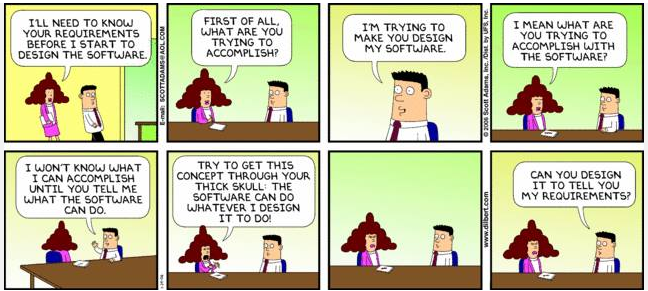This is not about attacking a guy – a friend of mine – who, at first glance, seems extremely overpaid, like any top executive. Indeed, the question is about whether data scientists should be coders (spending 50% to 100% of their time writing code) or not.
I believe the answer is negative. There are many different types of data scientists, and no real data scientist, in my opinion, spends more than 50% of his/her time coding. But you are welcome to post your point of view. Data scientists spend much of their time producing measurable added value, and many times, it involves intuition, vision, and gut feelings, and stuff that you don’t learn at school.
Some interesting comments that I’ve read include
- A good data scientist is a bad coder, and conversely
- Curry spaghetti is to statistical science what new cuisine is to Italian/Indian cuisine
The latter is about the top qualities any data scientist should have: creativity, and the disruptive element to think about products that no one before would ever imagine it would work. And also the fact that data science is a blend of several disciplines.
Here is an example of a data scientist, still writing Perl programs and relying on vision, yet creating bridges (API’s) between platforms, to automate growth hacking, lead generation, and everything that comes with it, to the point that it is described as IoT (Internet of Things) for digital media. Almost without coding. Some top automated trading algorithms are just like that, being mostly machine-to-machine communications, involving very little coding.
Data science is not just about coding, and my friend makes money from algorithms that deploy machine-to-machine communications, with very little coding involved: instead, it’s about high-level API’s and web apps, many times leveraging vendor platforms where much of the code resides. Many top data scientists actually do not code at all: they either manage a startup, or supervise coders. Those who spend their days coding are not real data scientists.
As an hiring manager, if you interview candidates, be aware that the data scientist job title has been abused, and do your due diligence to identify candidates that will make your client happy. Today, someone who can barely write an R program call herself data scientist and demands a $100k salary just out of her training. I think the data scientist job title should not be legalized like doctor or lawyer, but when hiring a so-called data scientist, ask for success stories, coding samples, and references. My 2 cents.
DSC Resources
- Career: Training | Books | Cheat Sheet | Apprenticeship | Certification | Salary Surveys | Jobs
- Knowledge: Research | Competitions | Webinars | Our Book | Members Only | Search DSC
- Buzz: Business News | Announcements | Events | RSS Feeds
- Misc: Top Links | Code Snippets | External Resources | Best Blogs | Subscribe | For Bloggers
Additional Reading
- 50 Articles about Hadoop and Related Topics
- 10 Modern Statistical Concepts Discovered by Data Scientists
- Top data science keywords on DSC
- 4 easy steps to becoming a data scientist
- 13 New Trends in Big Data and Data Science
- 22 tips for better data science
- Data Science Compared to 16 Analytic Disciplines
- How to detect spurious correlations, and how to find the real ones
- 17 short tutorials all data scientists should read (and practice)
- 10 types of data scientists
- 66 job interview questions for data scientists
- High versus low-level data science
Follow us on Twitter: @DataScienceCtrl | @AnalyticBridge

